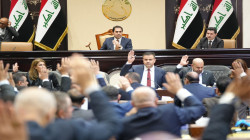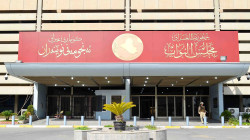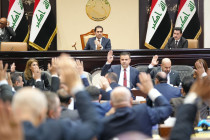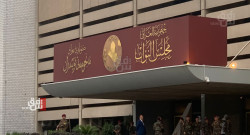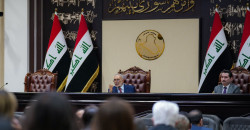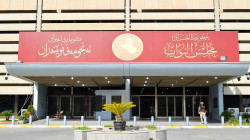Parliament Speaker Al-Mashhadani's key test: One month to settle Iraq's controversial laws
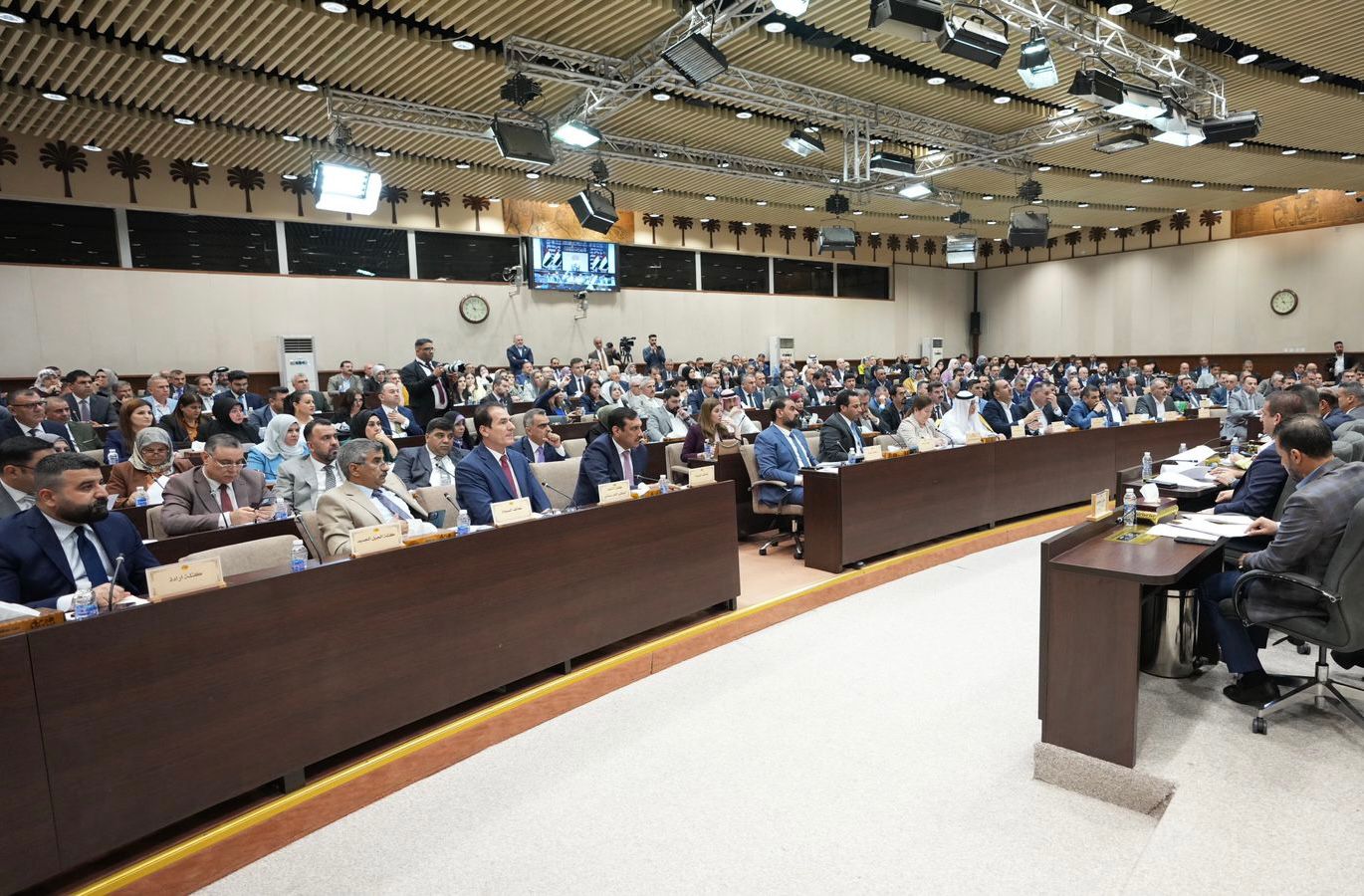
Shafaq News/ Iraq’s parliament is set to address a series of divisive laws, each backed by different sectarian interests, as lawmakers extend the legislative session to finalize key votes.
The proposed laws face heated debate. However, newly-elected Parliament Speaker Mahmoud Al-Mashhadani has prioritized breaking through longstanding political deadlock to pass these laws, viewed as essential yet controversial steps toward national reconciliation.
Controversial Laws in Iraq
General Amnesty Law: Sunni Demand
The General Amnesty Law, first enacted in 2008, has become a focal point of Sunni political demands for national reconciliation. The 2016 revision aimed to increase Sunni inclusion in Iraq’s political framework but faced resistance from Shia factions, concerned it could enable the release of convicted terrorists.
Proposed amendments now exclude individuals convicted of terrorism and serious crimes, seeking compromise. However, the law remains divisive, as Shia leaders prioritize national security, while Sunni representatives view it as critical for peace and political balance.
Personal Status and PMF Pension Laws: Shia Demands
The Personal Status Law originally passed in 1959, is a legal flashpoint as proposed amendments allow Iraqis to choose religious laws for personal status matters. Critics argue this shift risks eroding progress on women's rights, potentially allowing child marriages and weakening custody laws. While Shia supporters claim it’s constitutional, civil activists warn it could hinder gender equality.
Separately, the PMF Pension Law seeks to formalize benefits for fighters in the predominantly Shia Popular Mobilization Forces (PMF), granting pensions and medical care. Although this law acknowledges the PMF’s role in Iraq’s defense, concerns arise over sectarian favoritism and budget strain, with critics arguing it could deepen sectarian rifts.
Property Restitution Law: Kurdish Demand
The Property Restitution Law, championed by Kurdish factions, seeks to restore lands seized from Kurds and Turkmen during the Baathist era, aiming to to address historical injustices in areas like Kirkuk. While the law has garnered some support, ethnic tensions persist, as Arabs, Kurds, and Turkmen view land redistribution through competing group interests. Resolving these disputes could promote justice, but factional divides have prolonged delays, reflecting Iraq's broader struggle with ethnic and sectarian balance.
Political analyst Jassim Al-Ghurabi noted that "these laws often reflect sectarian interests, with each group seeking to secure their political and cultural preferences through legislation—Kurds with the Property Restitution Law, Sunnis with the General Amnesty Law, and Shia with the Personal Status Law."
A Priority For Mahmoud Al-Mashhadani
According to Iraqi MP and Secretary-General of Al-Bawasil National Party, Mohammad Qutaiba Al-Bayati, Speaker Al-Mashhadani has prioritized breaking through prolonged disputes and aims to push through these stalled laws.
Al-Bayati told Shafaq News Agency, "One of the Speaker’s top priorities is addressing the controversial laws that were left unresolved during the speaker vacancy," adding that Al-Mashhadani decided to extend the legislative session by an additional month to allow for final votes on critical legislation.
"Parliamentary leadership and the majority of MPs are committed to passing these laws within this extension period."
Echoing Al-Bayati’s sentiment, Mohammad Hassan Radhi, an MP from the State of Law Coalition, noted that extending the legislative term was essential for advancing previously stalled laws. "The primary objective behind extending the legislative term is to resume progress on these essential laws, which had stagnated," Radhi said.
Constitutional Grounds for Extension
Following Thursday’s announcement that the parliamentary term would be extended for 30 days starting November 9, legal expert Ali Al-Tamimi explained that the parliamentary extension is "grounded in Article 58/2 of the Iraqi Constitution. This allows for an extension upon request by the President, Prime Minister, Speaker, or 50 MPs, provided it receives majority approval."
Al-Tamimi further explained that several laws, including the aforementioned four laws, have undergone their first and second readings and are now ready for final votes. "The parliamentary extension was requested by the Speaker and approved by the MPs to complete these pending legislative tasks," he added.
